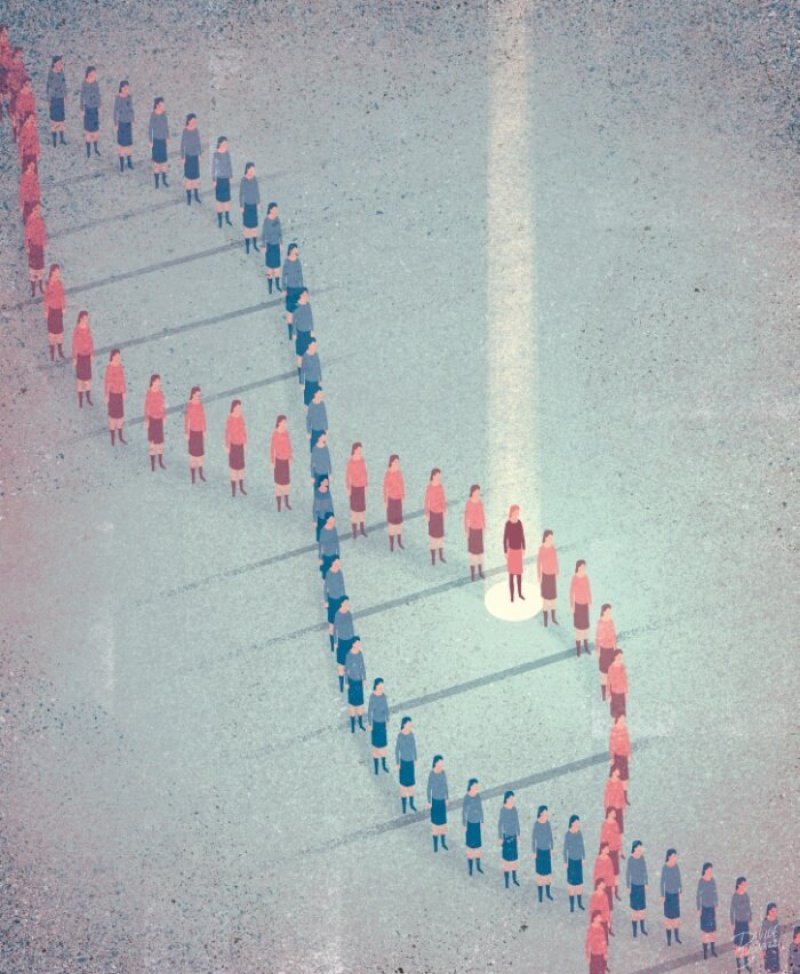My dad died of cancer when I was 11 years old.
I have my father’s hooded eyelids, quick temper, and love of good jokes. I have the same flecked complexion. What else had he, and I, passed along?
The question came to a head a few years ago, when I bought a DNA test.
My son, then nine years old, watched as I did the test. He was fascinated, rather than grossed out, as I spit into a plastic vial.
My personalized webpage included a long list of inherited conditions and genetic risk factors. Some were self-evident, such as the fact that I was prone to drinking more coffee than most. Others gave me pause. Did I want to click the link that would tell me if I had a variant for Alzheimer’s?
I said no to the DNA test for [my son]—but I did click through to see the rest of my results. They didn’t show any variants lurking, but I was glad I took the time to think it through first. I hope to pass that power on to my son.
The GLP aggregated and excerpted this blog/article to reflect the diversity of news, opinion, and analysis. Read full, original post: Taking a DNA test gave me a new perspective on my father’s early death—and my son’s future































